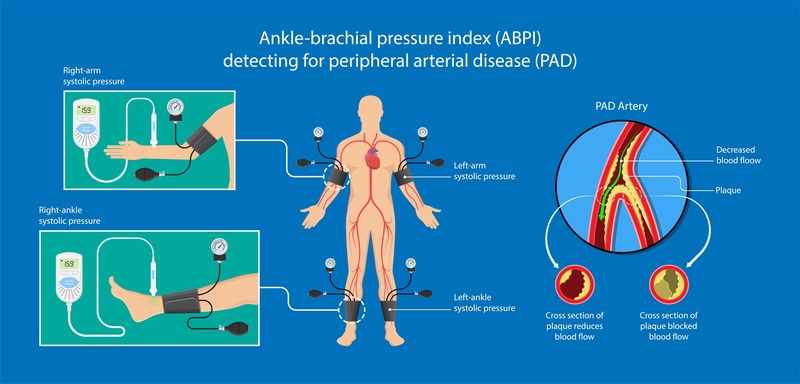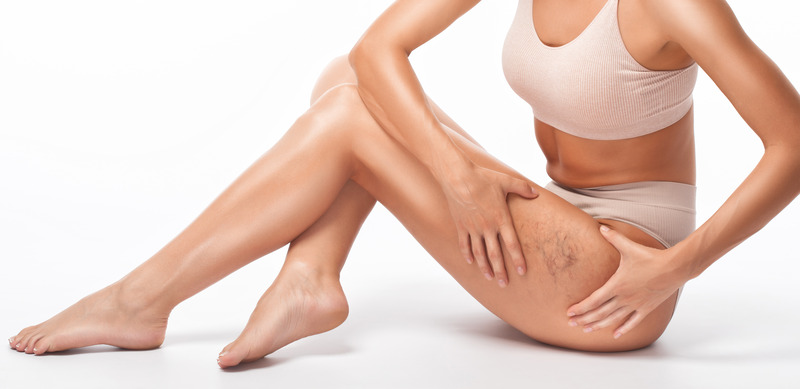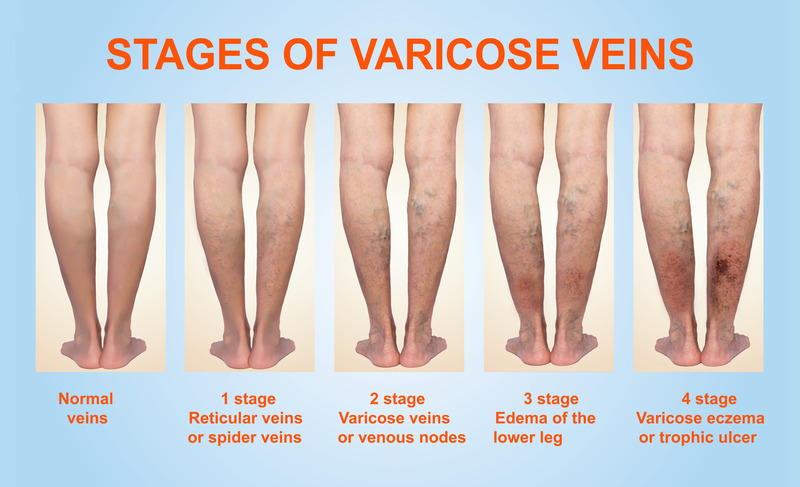Am I a Good Candidate for Varicose Vein Treatment?
Assess your suitability for varicose vein treatment with our comprehensive guide for informed decisions.


23% of adults in the United States suffer from varicose veins, the majority of them are women.
Varicose veins are veins that protrude against the skin and look blue and tangled. They may appear swollen and painful to the touch.
Varicose vein treatment helps lessen the appearance and may take away the pain. But how do you know whether or not you're a good candidate for this treatment? In this article, you'll learn more about the best varicose vein treatment and if you see a vein specialist.
Types of Varicose Vein Treatments
The type of treatment for varicose veins differs depending on the veins you want to eliminate and what your goals are. Some of these treatments are more invasive than others. Here are some treatments that are available.
Wear compression stockings if you have varicose veins or you're prone to them. Compression stockings improve blood flow and may reduce the possibility of enlarging your veins
Sclerotherapy is one of the most common types of treatments for varicose veins and is considered non-invasive. Sclerotherapy breaks down the wall of the vein so it's no longer able to function. The appearance of the vein diminishes, you should feel less pain, with very little downtime.
Radiofrequency Vein Ablation is a procedure that uses heat to damage the vein. This improves circulation and is more invasive than sclerotherapy.
Vein treatments vary by patient because each patient's needs are unique. In some cases, a variety of treatments are needed.
A Good Candidate for Treatment
If you're thinking about varicose vein treatment, you might be wondering if you qualify. There are certain qualifications necessary to receive treatment, so here's what you should know.
You are likely a good candidate for vein treatment if you have significant pain. The pain from varicose veins may inhibit your ability to perform daily functions like work or even walking. Treatments can eliminate your pain and keep you moving.
If you've tried other treatments like exercises or losing weight, yet your veins still appear, you may want to consider treatment. These types of treatments are not always effective for people with severe cases of varicose veins.
Being a generally healthy person usually qualifies you for treatment, as long as you are not on any blood-thinners or other specific medications. You should be free from infections or illnesses at the time. Your doctor can discuss your medical history with you and determine if varicose vein treatment is safe.
If your skin is changing color, for example, a deeper blue, purple, or red, you should consider yourself a candidate for varicose vein treatment. This is because color changes are an indicator that a vein illness is progressing and you need treatment soon.
When varicose veins are severe, they may bleed if they're injured. This is a sign that you're a good candidate for varicose vein treatment as well.
Who Is Not A Good Candidate for Varicose Veins?
Even though there are many good reasons for varicose vein treatment, sometimes there are people who cannot get treatment for various reasons.
If you're pregnant or breastfeeding, you'll likely have to wait until the baby delivers or you're finished breastfeeding altogether. Vein treatment poses too much risk to the mother and baby. There are things you can do to prevent varicose veins during pregnancy as much as possible, like avoid sitting cross-legged, exercise if possible, and elevate your legs.
Being on certain medications may prevent you from getting varicose vein treatment, especially anticoagulants. Anticoagulants are blood-thinners, that keep the blood from clotting. If your blood is thin, it may impact your treatment, so talk to your doctor about why you're taking an anticoagulant.
A history of blood clots may also hinder you from getting treatment. However, this may depend on where the clot was and how it was resolved. Talk to your doctor about your history of blood clots before you agree to any treatment.
Other illnesses or diseases may disqualify you from treatment as well. These pose too much risk to your health.
Overall, only a consultation with your doctor can determine if you qualify for any varicose vein treatment.
Varicose Vein Treatment Cost
The cost of vein treatment varies significantly and includes a few factors.
First, it depends on what type of treatment you get. A more invasive treatment costs more, especially if you have several or severe veins. A cost for invasive treatment like surgery, maybe several thousand dollars.
A less-invasive treatment is likely to cost less, depending again on how many veins you have and the treatment you choose. Each doctor's office or clinic sets its own prices.
The question of whether or not insurance companies pay for varicose vein treatments varies. In most cases, if it's medically necessary, then they may cover a portion of the cost, but this depends on your coverage and plan. If you're curious about what treatments are covered and why, contact your insurance companies.
If you do not have insurance, you'll need to pay for the treatment out-of-pocket. Many clinics that offer varicose vein treatments also provide a payment plan to allow for affordability.
Get The Best Varicose Vein Treatment
Varicose vein treatment is a great way to relieve pain and achieve healthier veins. When your doctor decides you're a candidate for treatment, you can be on your way to better blood flow and mobility.
Are you considering varicose vein treatment? The staff at our office is more than happy to answer all your questions. Contact us today to schedule your appointment.
About The Author

Dr. Rishi Panchal, DO, FACC
As an Ivy League-trained cardiologist and advanced vein specialist, Dr. Rishi Panchal is passionate about quality patient care and believes in using technological advancements to improve the patient’s quality of life, without having to undergo invasive surgical procedures without necessity.
Connect with us
Join our mailing list for exclusive updates and content from Dr. Panchal.



